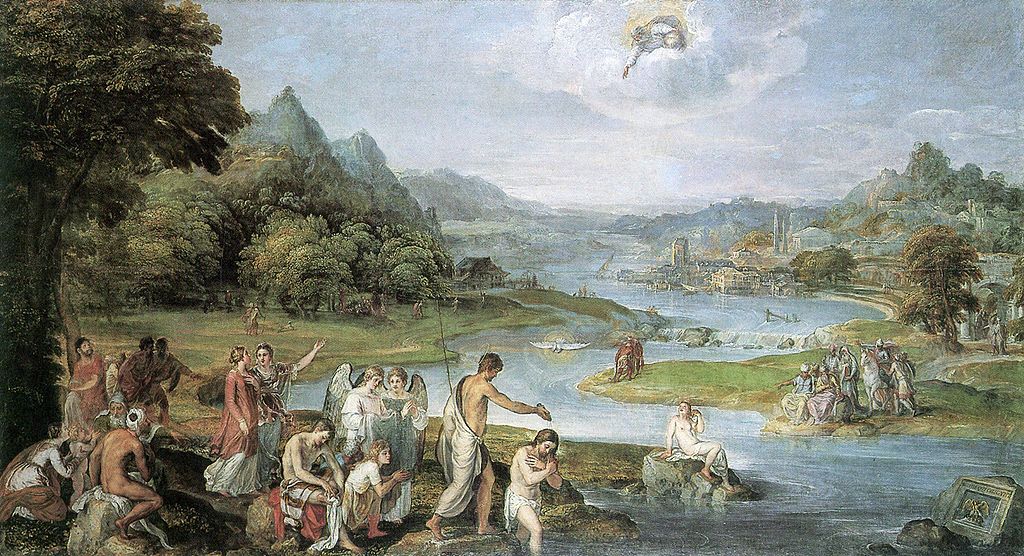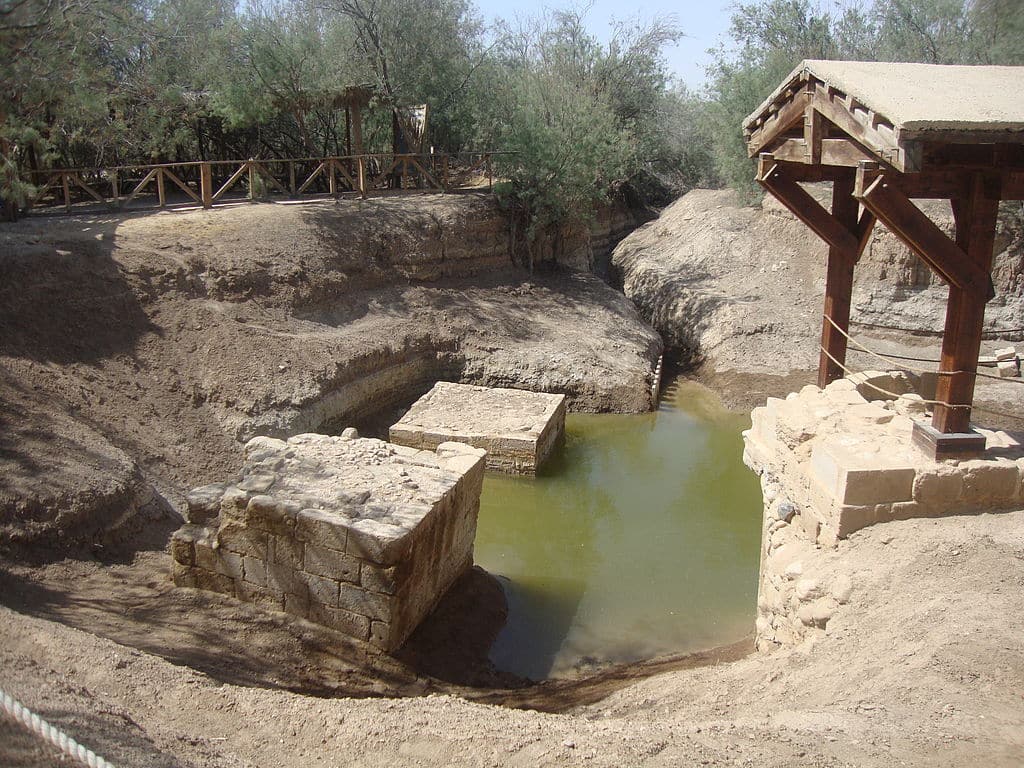Battle of Philippi
Carousel of images for this Bible Exhibit
Listen to this Bible Exhibit
The Battle of Philippi in 42 BC was a defining moment in Roman history, shaping the empire’s future and setting the stage for the spread of the gospel. After the assassination of Julius Caesar in 44 BC, Rome was thrown into turmoil. Two opposing forces arose: the Liberators, Brutus and Cassius, who sought to restore the Roman Republic, and the Second Triumvirate, led by Mark Antony and Octavian, who aimed to consolidate power under Caesar’s legacy. Both sides amassed large armies, with Antony and Octavian commanding 19 legions and 33,000 cavalry, while Brutus and Cassius led 17 legions and 17,000 cavalry. This battle was not just a military conflict but a struggle over the fate of Rome’s government.
The armies clashed in October of 42 BC on the plains near Philippi in Macedonia. The first battle on October 3 resulted in mixed outcomes—Brutus’s forces managed to overpower Octavian’s camp, but Cassius, mistakenly believing the battle lost, took his own life. The second battle on October 23 decisively ended in favor of Antony and Octavian. Brutus, seeing defeat as inevitable, also took his own life. With their deaths, the hope of restoring the Roman Republic perished, leading to the eventual establishment of the Roman Empire under Julius Caesar’s nephew Octavian, who later became Caesar Augustus.
While this battle determined the course of Western civilization, its impact extended beyond politics. Philippi was later established as a Roman colony populated by veteran soldiers loyal to Rome. This status granted its citizens privileges, including Roman citizenship and exemption from certain taxes. The city’s strategic location along the Egnatian Way made it a vital center for commerce and culture, and it became a key location in the spread of Christianity.
Over a century later, the Apostle Paul visited Philippi on his second missionary journey, making it the first European city to receive the gospel. The church that formed there became one of Paul’s strongest supporters, and his letter to them, the book of Philippians, is filled with encouragement and joy in Christ. Paul reminded them that the believer’s citizenship is in heaven, where we eagerly await our Savior, Jesus Christ Philippians 3:20.
God’s sovereignty is evident throughout history, even in the rise and fall of empires. Though Octavian’s victory at Philippi paved the way for an emperor’s rule, God used this new Roman order to prepare the world for the coming of Christ. The stability of the empire and the development of Roman roads allowed the gospel to spread rapidly. Paul himself, a Roman citizen, used his status to advance the mission of Christ, even appealing to Caesar when facing persecution Acts 25:11.




















